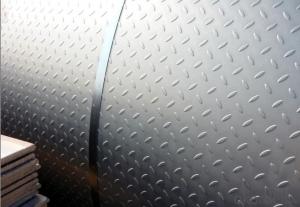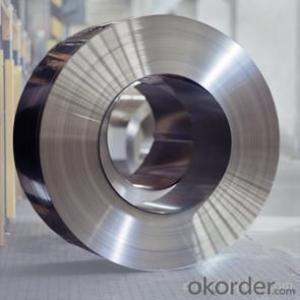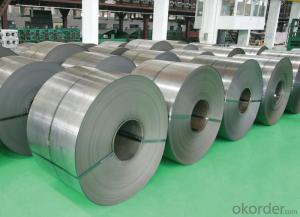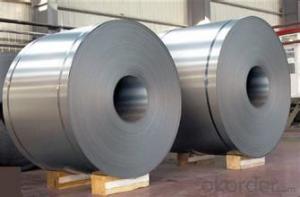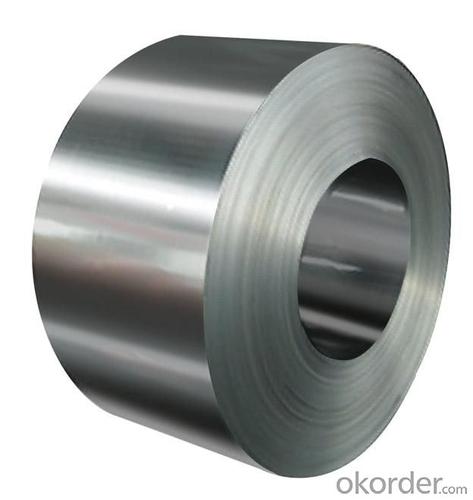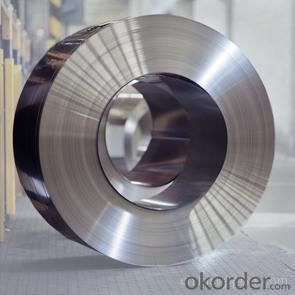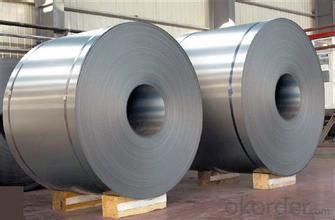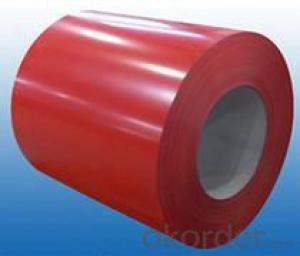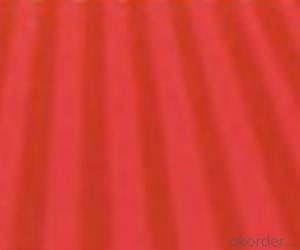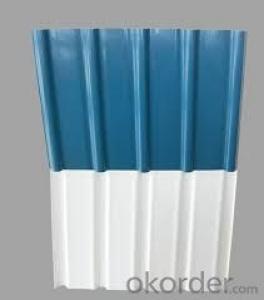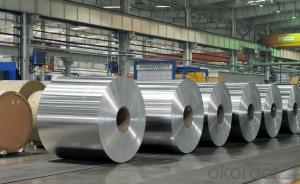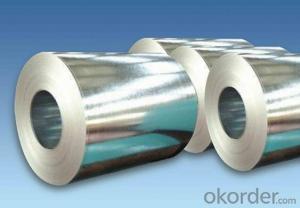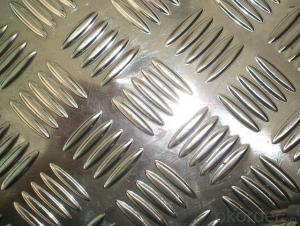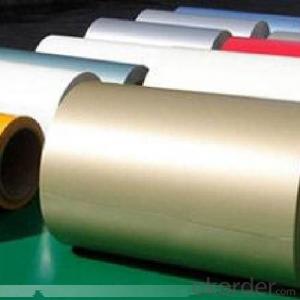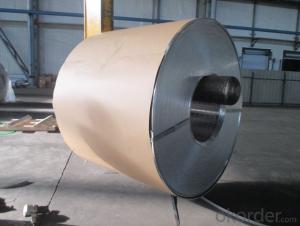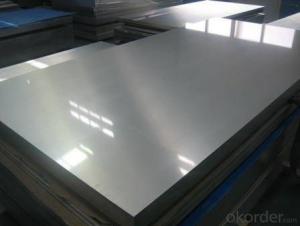Steel Rolled Coil SS400 A36 Q235 Q345 Q195 Hot Rolled Steel Coil
- Loading Port:
- Shanghai
- Payment Terms:
- TT OR LC
- Min Order Qty:
- 5000 m.t.
- Supply Capability:
- 60000 m.t./month
OKorder Service Pledge
OKorder Financial Service
You Might Also Like
Hot rolled coils/plates
Type: steel coil and steel plates
Material: SS400-Q235-Q345-SPHC
Width:1250mm 1500mm 1800mm 2000mm
HOT-ROLLED COIL/PLATES(Material: SS400-Q235A/B-SPHC) | |||
2.00*1250/1500L | 3.50*1250/1500L | 5.75*1250/1500L | 11.50*1250/1500L |
2.30*1250/1500L | 3.75*1250/1500L | 7.50*1250/1500L | 11.75*1250/1500L |
2.50*1250/1500L | 4.50*1250/1500L | 7.75*1250/1500L | 13.50*1250/1500L |
2.75*1250/1500L | 4.75*1250/1500L | 9.50*1250/1500L | |
3.00*1250/1500L | 5.50*1250/1500L | 9.75*1250/1500L | |
PATTERN-ROLLED COIL/PLATES(Material: Q235A-Q235B) | |||
3.00*1250L | 3.75*1250L | 4.75*1250L | 5.75*1250L |
3.50*1250L | 4.50*1250L | 5.50*1250L | 7.50*1250L |
MIDDEL-PLATE(Material: Q235A/B-Q345A/B) | |||
8*1800/2000L | 16*1800/2000L | 25*1800/2000L | 45*1800/2000L |
10*1800/2000L | 18*1800/2000L | 30*1800/2000L | 50*1800/2000L |
12*1800/2000L | 20*1800/2000L | 35*1800/2000L | |
14*1800/2000L | 221800/2000L | 401800/2000L | |
Name | galvanized steel coil dx52d z gi |
Grade | GB/T-12754: 2006, JIS3302, EN 10142, ASTM A653, JIS G3302, SGCC/SGCH, GB/T2518, European Standard, ASTM A792, JIS G3321, JIS G3317 |
BASE PLATE | Cold rolled steel sheet, hot dipped zinc coated steel sheet hot dipped A-Z coated steel sheet |
EQUIPMENT | Double coating double baking; |
CAPACITY | 5000Mt/week |
SIZE | Thickness 0.18mm—2mm, width 40mm—1250mm |
ZINC COATING | 40g-275g /m2 |
PAINT THICKNESS | Top:20+-5um, back:5-7um |
COIL WGT | 3Mt - 8Mt |
COIL ID | φ508mm,φ610mm |
BASE SHEET | Cold rolled steel sheet, hot dipped zinc coated steel sheet (small, regular or zero spangle), hot dipped A-Z coated steel sheet |
SURFACE PAINT | EP, PE, HDP, SMP, PVDF |
COLOR SERIES | RAL color number series |
Applications of cold rolled steel sheet coil :
1) Automotive bodies: filters, fuel tanks, etc.
2) Construction materials: roofings, welding pipes,
3) Electric and electronic appliances: computer cans, etc.
4) Steel cans: containers, etc.
5) Steel furniture: washing machines, refrigerators, microwaves, etc.
6) Drums
7) Office equipment: printer, recorders, etc.
8) Motors and transformers
Process of cold rolled steel sheet coil :
Pay off reel-double cut shear-welder-notcher-entry accumulator-pre cleaning section-furnace-hot bridle-zinc pot-air knife-after cooler-water quench-dryer- skin pass mill-dryer-tension leveler-dryer-chemical coater-chemical oven-cooler-exit accumulator-oiler-exit shear-tension reel.
Features of cold rolled steel sheet coil :
1) cold rolled steel coils prices is manufactured to have a long durability, strong corrosion resistance and shiny surface.
2) cold rolled steel coils prices features excellent forming properties, paintability, weldability, and is suitable for fabrication by forming, pressing and bending.
- Q: What is the difference between a coated and uncoated stainless steel sheet?
- A coated stainless steel sheet is one that has undergone a protective layer or finish application, which can be a polymer or another material. This coating enhances the sheet's ability to resist corrosion, scratches, and other types of damage. Moreover, the coating offers decorative appeal by presenting various colors or textures. In contrast, an uncoated stainless steel sheet refers to a sheet without any additional protective layer or finish. It retains its natural state, with its inherent properties and characteristics. Uncoated stainless steel sheets are renowned for their exceptional resistance to corrosion, durability, and strength. They are commonly employed in situations where their natural properties are sufficient to withstand the intended environment. The primary distinction between coated and uncoated stainless steel sheets lies in their protective capabilities and appearance. Coated sheets provide an extra layer of protection against corrosion and damage, making them suitable for environments exposed to harsh conditions or corrosive substances. Additionally, they offer a wider range of design options due to the various coatings available. On the other hand, uncoated stainless steel sheets are preferred in applications where the inherent properties of stainless steel are adequate to meet the requirements. They are often utilized in architectural and structural projects, as well as in industries such as food processing, pharmaceuticals, and medical equipment, where hygiene and durability are crucial. To summarize, the difference between coated and uncoated stainless steel sheets lies in the additional protective layer and aesthetic options offered by the coating. Coated sheets provide enhanced resistance to corrosion and damage, along with a broader range of design choices. Uncoated sheets rely on their inherent properties for durability and strength. The selection between the two hinges on the specific application and the desired balance between protection, aesthetics, and cost.
- Q: What are the weight calculations for steel sheets?
- The weight calculations for steel sheets depend on their dimensions, thickness, and specific gravity. The formula used to calculate the weight of a steel sheet is: weight = length × width × thickness × specific gravity. The specific gravity of steel is typically around 7.85.
- Q: Are steel sheets suitable for exterior facade systems?
- Yes, steel sheets are suitable for exterior facade systems. Steel is a durable and versatile material that provides strength and stability to the facade. It offers excellent resistance to harsh weather conditions and requires minimal maintenance. Additionally, steel sheets can be customized in various shapes, sizes, and finishes, allowing for endless design possibilities and architectural creativity.
- Q: Are steel sheets fire resistant?
- Yes, steel sheets are fire resistant.
- Q: Can steel sheets be used for architectural sculptures?
- Yes, steel sheets can be used for architectural sculptures. Steel sheets are a versatile material that can be shaped, cut, and welded into various forms, making them suitable for creating intricate and durable architectural sculptures. They offer strength, stability, and the ability to withstand outdoor conditions, making them a popular choice for many artists and architects.
- Q: Why should the back of the steel sheet pile cofferdam be pumped after the construction of the pile cap?
- According to the construction schedule or on-site organization of steel sheet pile of entry, to ensure the construction of steel sheet pile to meet the schedule requirements, stacking position of steel sheet pile according to the construction requirements and site conditions along the support line dispersed stacked, stacked together to avoid concentration caused by the two handling.
- Q: Can steel sheets be used in packaging applications?
- Yes, steel sheets can be used in packaging applications. They are often used for packaging heavy and durable items, providing strength, durability, and protection during transportation and storage.
- Q: What is the process of applying protective coatings to steel sheets?
- The process of applying protective coatings to steel sheets typically involves several steps. First, the steel sheets are thoroughly cleaned and prepared to ensure a clean and smooth surface. This may involve removing any existing rust, dirt, or contaminants. Next, a primer or base coat is applied to the steel sheets. The primer helps to promote adhesion between the steel surface and the protective coating. It also provides additional corrosion resistance. After the primer has dried, the main protective coating is applied. This coating can vary depending on the specific requirements and intended use of the steel sheets. Common types of protective coatings for steel include epoxy, polyurethane, or powder coatings. The coating is carefully applied to ensure an even and consistent coverage. Once the protective coating has been applied, the steel sheets are typically cured or dried according to the manufacturer's instructions. This allows the coating to fully bond and harden, increasing its durability and resistance to corrosion. Overall, the process of applying protective coatings to steel sheets involves cleaning and preparing the surface, applying a primer, applying the main protective coating, and properly curing or drying the coating to ensure optimal performance.
- Q: How long do steel sheets last?
- The lifespan of steel sheets can exceed that of other materials, lasting for many years. Several factors influence the longevity of steel sheets, including the quality of the steel, the conditions it encounters, and the level of maintenance it receives. Typically, steel sheets of superior quality that are correctly installed and well-maintained can endure for several decades, or even longer. Nevertheless, if steel sheets are exposed to severe environments, such as extreme temperatures, humidity, or corrosive substances, their lifespan may diminish. To prolong the lifespan of steel sheets and guarantee their durability, regular inspections, cleaning, and maintenance are essential.
- Q: Can steel sheets be customized in terms of size and shape?
- Yes, steel sheets can be customized in terms of size and shape. They can be cut, bent, or formed to meet specific size requirements or to achieve desired shapes for various applications.
Send your message to us
Steel Rolled Coil SS400 A36 Q235 Q345 Q195 Hot Rolled Steel Coil
- Loading Port:
- Shanghai
- Payment Terms:
- TT OR LC
- Min Order Qty:
- 5000 m.t.
- Supply Capability:
- 60000 m.t./month
OKorder Service Pledge
OKorder Financial Service
Similar products
Hot products
Hot Searches
Related keywords

